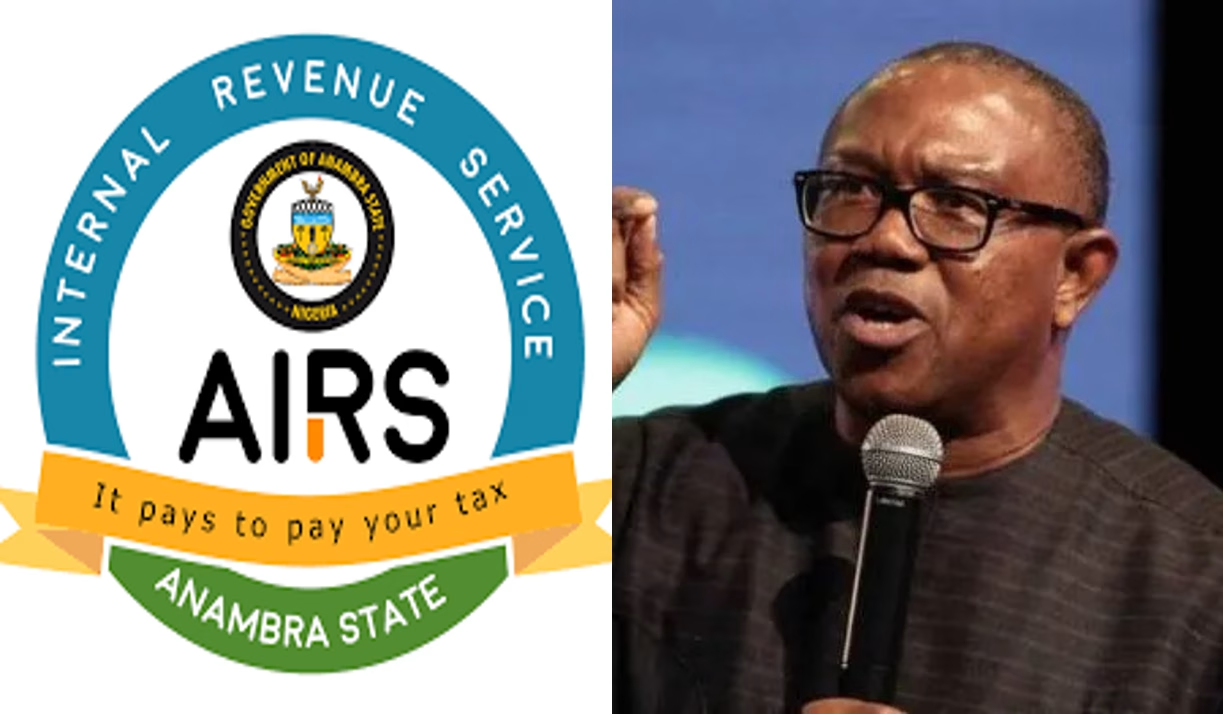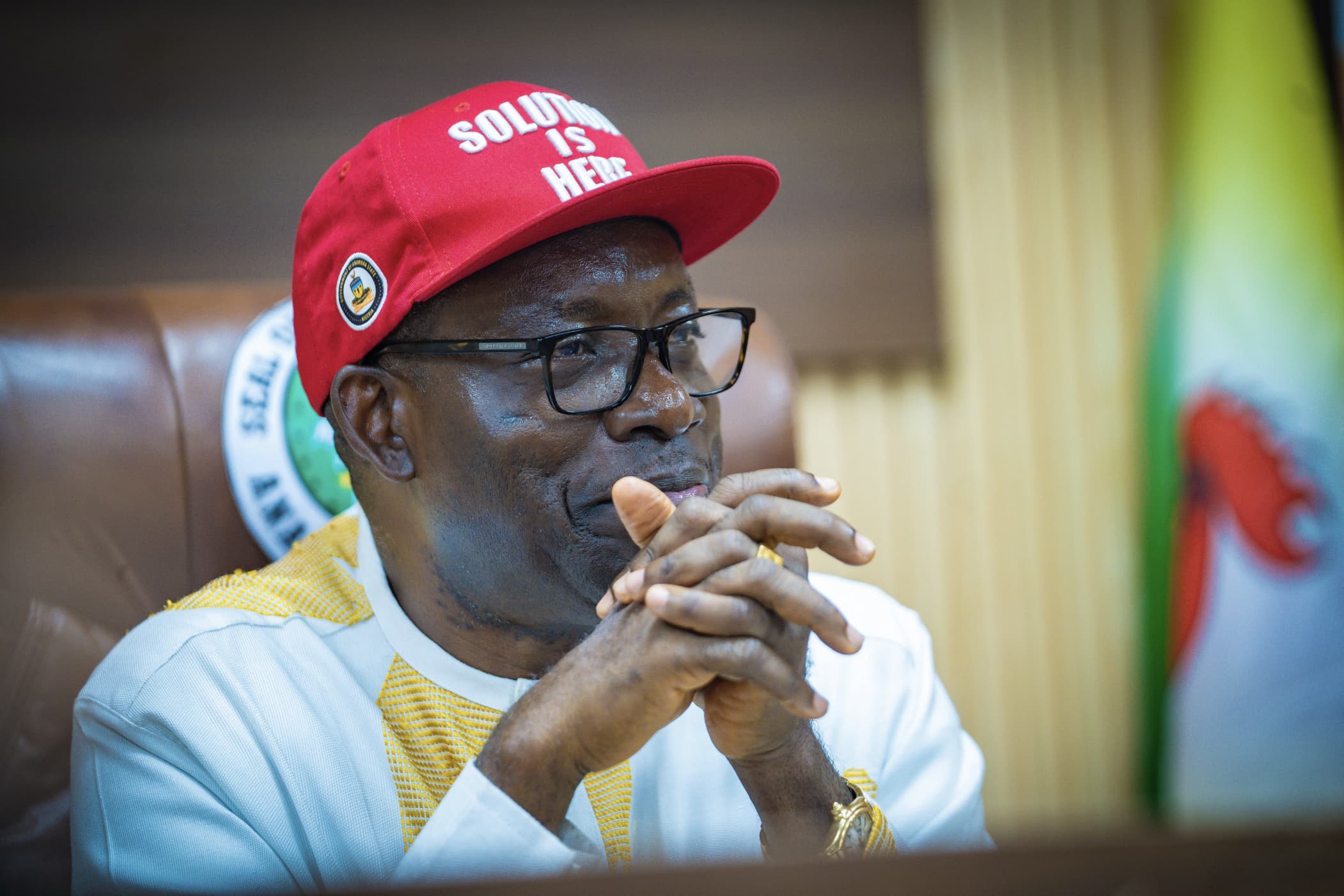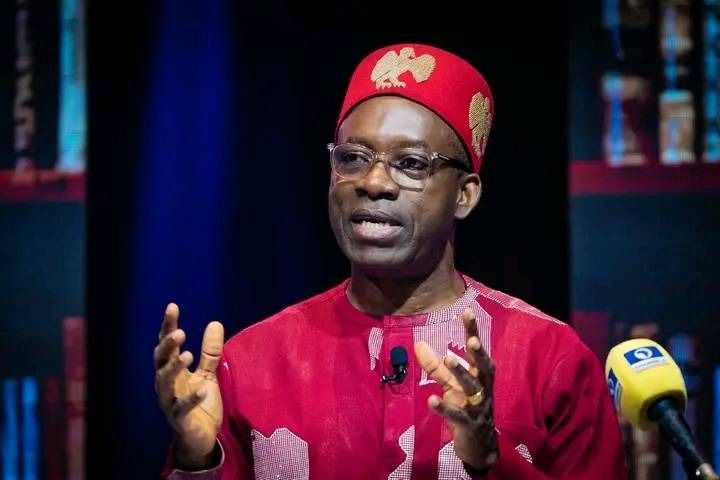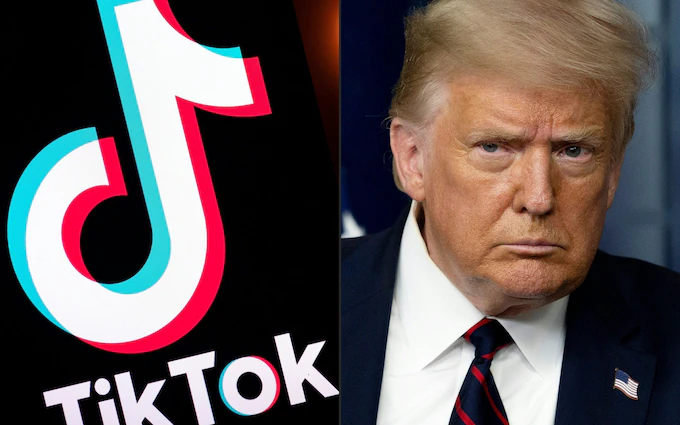Britain’s Conservative Party announced on Monday that Liz Truss would replace Boris Johnson as the leader, turning to a hawkish diplomat, party stalwart and free-market champion to govern a country facing the gravest economic crisis in a generation.
Ms. Truss, 47, prevailed over Rishi Sunak, a former chancellor of the Exchequer, whose resignation in July set in motion Mr. Johnson’s messy ouster. Her victory, by a margin of 57.4 per cent to 42.6 per cent, was widely expected in recent weeks after she took a commanding lead in the polls.
It makes her Britain’s fourth prime minister in six years and third female leader, after Margaret Thatcher and Theresa May. Like them, she will be greeted by a fearsome array of problems.
Challenges Ahead
Double-digit inflation, a looming recession, labor unrest, soaring household energy bills and possible fuel shortages this winter — all will confront Ms. Truss as she moves into 10 Downing Street. She also must repair a party deeply divided house after Mr. Johnson’s turbulent three-year tenure, which peaked in 2019 with a landslide general election victory but descended into unrelenting scandals after that.
In a businesslike speech to a party gathering after her victory was announced, Ms. Truss promised a “bold plan” to lower taxes and bolster the economy, adding: “We will deliver, we will deliver and we will deliver.”
Ms. Truss, who served in Mr. Johnson’s cabinet and was not part of the Tory rebellion that led to his departure, will formally assume the prime minister’s title on Tuesday in a meeting with Queen Elizabeth II at Balmoral Castle in Scotland, where the queen is vacationing. Mr. Johnson will bid farewell to the monarch just before that, drawing a curtain, at least for now, on his career as a frontline politician.
Ms. Truss, who was most recently foreign secretary, emerged from a crowded field of eight candidates by appealing to party members with a single-minded message of tax cuts and smaller government. These are reliable Tory party touchstones, but some economists said her proposals would do little to solve Britain’s problems, and could even worsen them.
Once the field narrowed to two candidates, Ms. Truss never relinquished her lead over Mr. Sunak. He would have made history of his own if he had won, becoming the first nonwhite prime minister in British history.
But Mr. Sunak’s message — that the government should not cut taxes before it tamed inflation — was less appealing to the 160,000 or so party members who cast ballots. Many also had not forgiven him for his role in Mr. Johnson’s ouster; he was one of two major Conservative figures, along with Sajid Javid, to resign from the cabinet, prompting a wave of defections that made Mr. Johnson’s position untenable.
Liz Truss: The basics
Age: 47
Place of birth: Oxford
Home: London and Norfolk
Education: Roundhay School in Leeds, Oxford University
Family: Married to accountant Hugh O’Leary with two teenage daughters
Parliamentary constituency: South West Norfolk
Ms. Truss won 81,326 votes to Mr. Sunak’s 60,399 votes, a margin that while comfortable was not as overwhelming as some of the polls suggested it would be. Analysts noted that Mr. Sunak, not Ms. Truss, was the top choice of Conservative lawmakers in the first round of the leadership contest.
Still, Ms. Truss has made a remarkable political journey to the top of the Conservative Party. Raised in a left-wing family, with a father who was a mathematician and a mother who was a nurse and teacher, she was an active member of Britain’s centrist party, the Liberal Democrats, as a student at Oxford University, once calling for a vote to abolish the monarchy.
Switching to the Tories after she graduated, Ms. Truss advanced through six ministerial posts under three Conservative prime ministers: Mr. Johnson, Mrs. May, and David Cameron. Like Mr. Cameron, she campaigned against Britain’s departure from the European Union in the 2016 referendum campaign, only to become a full-throated Brexiteer after the vote.
Ms. Truss is likely to be judged by her handling of Britain’s coming economic storm. With household energy bills spiking by 80 percent, and some economists predicting that inflation will top 20 percent by early next year, many believe Ms. Truss will have to announce sweeping measures to shield vulnerable families.
She has declined to give details on potential state aid and has ruled out measures like fuel rationing or a new windfall profit tax on energy companies. At her final campaign event in London last week, Ms. Truss pledged not to impose any additional taxes, a promise that some experts said would be hard to keep.
For the past eight weeks through the Conservative Party’s leadership contest, the severity of Britain’s economic troubles only worsened. The new prime minister, Liz Truss, will be greeted with a long list of demands for rapid and aggressive support to alleviate the pain caused by the rising cost of living.
Looming over the new government is the specter of stagflation — an unpleasant mix of stagnant economic growth and high inflation. Consumer prices are rising at their fastest pace in four decades as the rate of inflation exceeds 10 percent and is expected to keep climbing.
Meanwhile, the economy contracted in the second quarter, and the Bank of England is forecasting a long recession to begin later this year as wages lag and household budgets are squeezed by rising food and energy costs. Household incomes, adjusted for inflation and taxes, are predicted to fall sharply this year and next, in the worst decline in records dating back to the 1960s, the central bank said.
Britain caps household energy bills, but that limit will increase by 80 percent beginning next month. And there are calls for urgent action to help low-income households as it becomes increasingly accepted that a relief package laid out in May is inadequate. Liz Truss said on Sunday that should introduce a package to help people with energy bills within a week of taking office.
Small businesses — especially energy-intensive ones, such as pubs and restaurants — are warning of widespread closures over the winter as companies won’t be able to afford their energy bills. The pub industry said there needs to be “swift and substantial” government intervention to avoid large-scale job losses.
There is also a growing number of labor strikes, as workers across industries demand pay raises in line with the cost of living. Among those walking out or threatening to are port workers, nurses, teachers, train drivers and mail service personnel.
Beyond these immediate problems, Britain also has many long-running economic challenges to overcome. How will the new government try to make a success of Brexit, which so far has made trading with Britain’s closest neighbors more cumbersome and costly? Can the government close the inequality gap between London and the rest of the country? Amid an energy crisis, will the government get on track to meet its legally binding targets to reach net zero carbon emissions?
The gloomy economic prospects for Britain are clear in financial markets. The pound dropped 4.5 percent against the U.S. dollar in August, its worst month in nearly six years, and is now trading at $1.15. It’s at its lowest level since March 2020, and approaching the lowest since 1985. The price of British government bonds has dropped as investors turn away from British assets and expect the central bank to need to raise interest rates sharply to rein in inflation.
“I campaigned as a Conservative, and I will govern as a Conservative,” Ms. Truss told a party gathering in a brief, businesslike speech after her victory was announced.
“I will deliver a bold plan to cut taxes and grow our economy,” she added. “I will deliver on the energy crisis, dealing with people’s energy bills but also dealing with the long-term issues we have on energy supply.”
During the seven-week campaign, Ms. Truss, 47, promised targeted relief for households dealing with soaring electricity and gas bills. But she declined to give details and ruled out imposing another windfall profits tax on energy companies, one of the most obvious ways to pay for a government freeze on energy rates. She also said she did not plan to ration fuel if there were shortages this winter.
“I know that our beliefs resonate with the British people,” Ms. Truss said. “Our beliefs in freedom, in the ability to control your own lives, in low taxes, in personal responsibility.” She added: “I intend to deliver what we promised those voters.”
Ms. Truss is expected to lay out plans for dealing with soaring energy bills on Thursday. However intent she is on cutting taxes and shrinking the government, there are expectations that she may announce a major government aid program, potentially on the scale of the relief Britain offered during the coronavirus pandemic.































